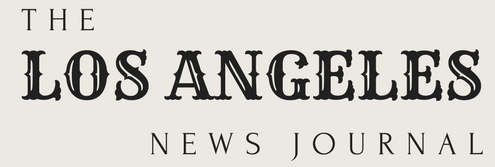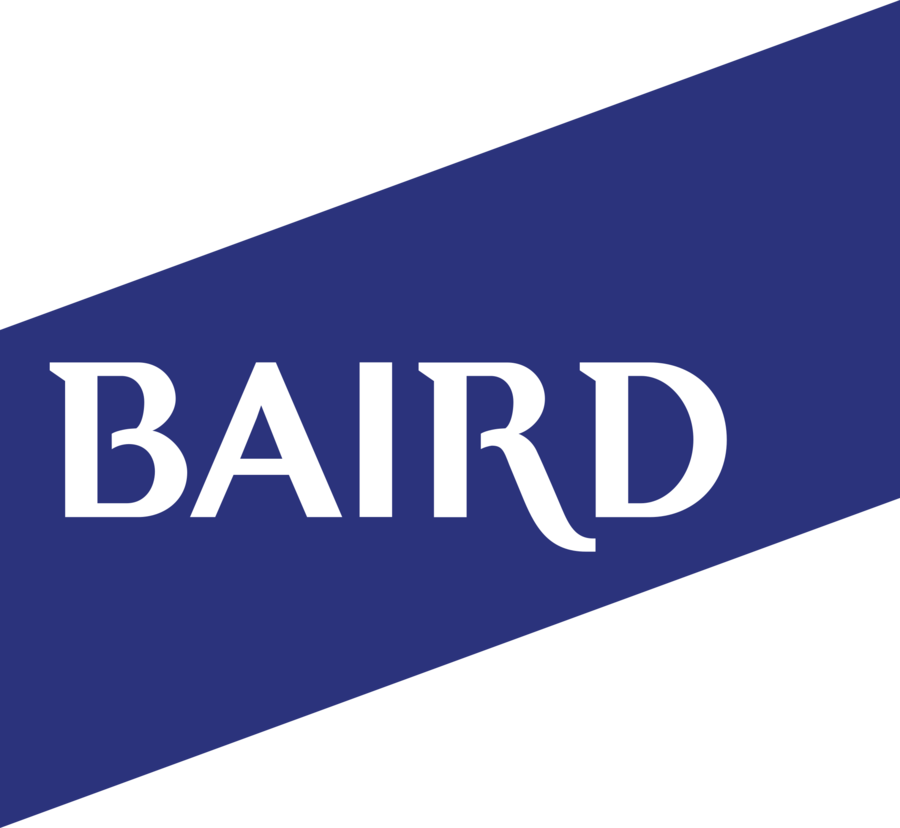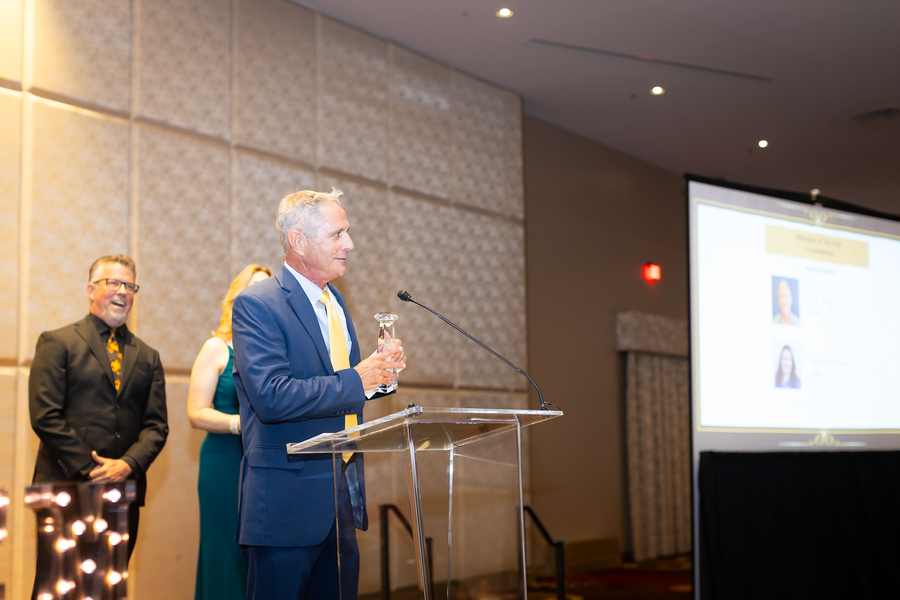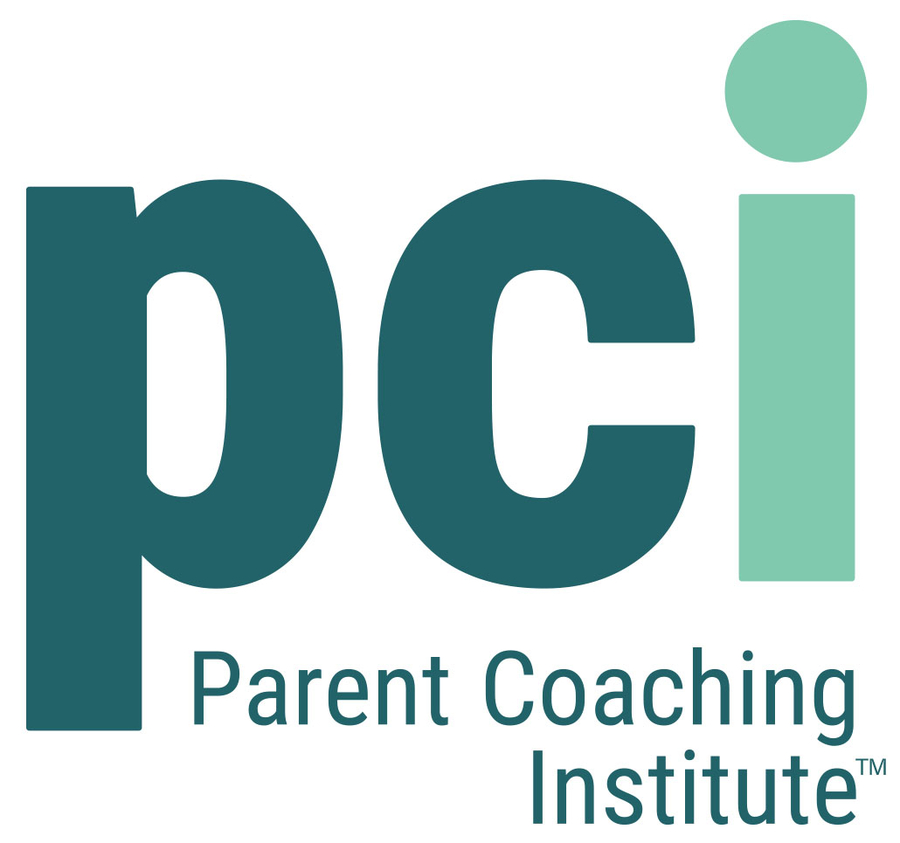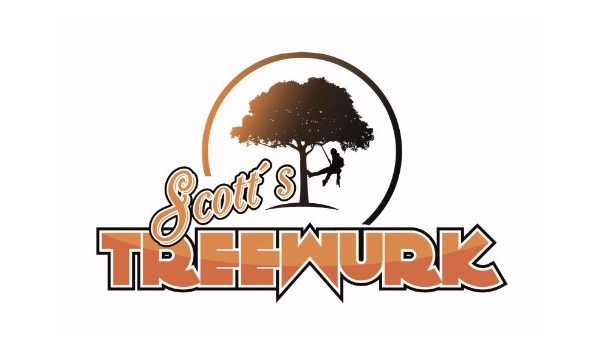Speakers also address AI, the upcoming election
KOHLER, WI, September 20, 2024 /24-7PressRelease/ — For the 23rd year, Baird Advisors held its Institutional Investors Conference in Kohler, Wis., where guest speakers shared their expertise on artificial intelligence and the November election and Co-CIO Warren Pierson provided the firm’s annual market assessment and investment outlook.
Return to normalcy in fixed income
After a decidedly abnormal decade-and-a-half—a period that saw short-term interest rates held near zero for years in response to the Great Recession and the pandemic, followed by an unusually aggressive Federal Reserve tightening cycle to slow down an economy roaring back to life—Pierson described a bond market returning to normal. Yields are still meaningful, even as Fed policy makers take note of a drop in inflation to less than 3% and pivot to a less restrictive monetary policy.
The long-inverted yield curve (where short-term rates are higher than long-term), which had been hanging over financial markets, now appears to be reverting to its usual shape for both taxable and municipal bonds.
More remarkably, although inverted curves are a classic harbinger of recession, the economy is growing at a healthy clip of around 2%, with the balance sheets of companies and consumers in good shape. It’s possible, Pierson said, that the economy has defied the curse of an inverted yield curve and dodged a recession entirely. But even if it hasn’t, it is unlikely to be a deep one.
With the dust seemingly settling in the Fed’s war on inflation, Pierson said investors can confidently own bonds for the big reason they have historically owned them—significant income with less risk than stocks. As of Sept. 1, the inflation-adjusted yield for the most popular bond index stood at about 3%.
Indeed, with Treasurys delivering appreciable yields and spreads on non-Treasury securities having narrowed, Pierson said there is not a big incentive to take a lot of credit risk within the bond market. In its taxable bond portfolios, Baird is favoring quality, taking advantage of opportunities at the margin like unusually generous spreads on bonds issued by financial companies relative to industrial companies and those backed by diversified commercial real estate asset pools versus those backed by riskier single properties.
All is not normal
While the bond markets are trending to more normal patterns, Pierson flagged a number of issues that investors should keep an eye on:
• The Federal deficit and national debt are growing at an alarming and unsustainable rate, with more than half the outstanding Federal debt maturing and requiring refinancing—at generally higher interest rates—in the next three years; the annual cost just to service the federal debt is projected to more than double in the next decade from $892 billion today to $1.71 trillion by 2034. (State and local government finances are generally much healthier.)
• The demographics of an aging population and associated wage and wealth disparities are creating economic tensions; with the Housing Affordability Index at its lowest level since the turn of the century, home ownership—long a driver of upward personal mobility and economic growth in the US—is out of reach for many Americans, especially the young.
• A contentious national election, geopolitical unrest in Ukraine and Israel and a fundamental reconsideration of economic globalization can be expected to add to market volatility.
While all these factors may contribute to volatility in bonds—and financial markets more broadly, Pierson said that despite these risks, bonds provide good value today and belong in diversified investment portfolios.
The robots are (mostly) friendly
If attendees of the Kohler conference were nervous about artificial intelligence, author and futurist Zack Kass, who worked to bring ChatGPT to the world, laid out a more positive vision of a future where AI potentially ushers in an era of lower costs, more free time and giant leaps in scientific advancement.
Kass said the technology is more advanced than most people realize—the AI tools embedded in their devices and available online are already outdated—and, at the same time, is still in its infancy. He forecasts three phases of AI development over the next decade:
• Through roughly 2027, the technology will continue enhancing the applications people are already using to complete a task;
• After that and through about 2035, rather than finding the right applications, people will simply assign a task to AI powered “autonomous agents” that then pick whatever apps are required to get the job done;
• A decade or so from now, there will be major changes in how people interact with AI—it may be wearables like watches or glasses (even devices embedded in our bodies) but it won’t be the familiar PC with keyboard.
Kass said the AI revolution has the capacity to benefit mankind profoundly by turbocharging scientific breakthroughs and extending their impact to people in developing countries, boosting productivity and job satisfaction by eliminating rote tasks, and by vastly reducing costs/capping inflation. While largely discounting the downside scenarios that many tend to focus on—he’s not concerned about robots becoming self-aware and taking over the world—Kass does worry about the social costs such as isolation and job displacement. He said it’s not too early for people to begin designing life and work around the things AI can’t do, developing and optimizing humanistic qualities like adaptability, curiosity and empathy.
An investible yet unpredictable election
Political analyst Daniel Clifton with Strategas, a unit of Baird, shared his thoughts on the November election in a “fireside chat”-style interview with Baird Advisors Managing Director & Co-CIO Mary Ellen Stanek. While he said there are any number of ways for investors with a strong view on the outcome to position their portfolios—for example owning the dollar against the Japanese yen for a Trump victory or the Chinese yuan against the Indian rupee for a Harris win—he cautioned that the presidential race was essentially a toss-up headed into the first—and likely only debate.
A safer bet, he said, is that both candidates are likely to continue the de-globalization trend in trade policy and continue driving up the national debt.
About Baird Funds
Baird Funds is a no-load mutual fund family with more than $114.8 billion in assets as of June 30, 2024. The Baird Funds offer proven track records and a variety of portfolios spanning fixed income and equity asset classes. The ten bond funds and five stock funds feature competitive fees and are managed with a careful focus on risk control. For more information, visit www.bairdfunds.com.
About Baird
Putting clients first since 1919, Baird is an employee-owned, international wealth management, asset management, investment banking/capital markets, and private equity firm with offices in the United States, Europe and Asia. Baird has approximately 5,100 associates serving the needs of individual, corporate, institutional and municipal clients and more than $455 billion in client assets as of June 30, 2024. Committed to being a great workplace, Baird ranked No. 34 on the 2024 Fortune 100 Best Companies to Work For® list – its 21th consecutive year on the list. Baird is the marketing name of Baird Financial Group. Baird’s principal operating subsidiaries are Robert W. Baird & Co. Incorporated and Baird Trust Company in the United States and Robert W. Baird Group Ltd. in Europe. Baird also has an operating subsidiary in Asia supporting Baird’s investment banking and private equity operations. For more information, please visit Baird’s website at www.rwbaird.com.
# # #
Performance data represents past performance and does not guarantee future results. The investment return and principal value of the investment will fluctuate so that shares, when redeemed, may be worth more or less than their original cost. Current performance data may be lower or higher than the data quoted. To read the fund’s prospectus or to obtain the fund’s performance to the most recent month end, SEC 30-day yield information, any sales charges, maximum sales charges, loads, fees, total annual operating expense ratio, gross of any fee waivers or expense reimbursements as stated in the fee table contact Baird directly at 866-442-2473 or visit the fund’s webpage here. Investment minimum for the institutional class is $10,000.
Investors should consider the investment objectives, risks, charges and expenses of each fund carefully before investing. This and other information is found in the prospectus and summary prospectus. For a prospectus or summary prospectus, contact Baird directly at 866-442-2473 or contact your Financial Advisor.
—
For the original version of this press release, please visit 24-7PressRelease.com here
